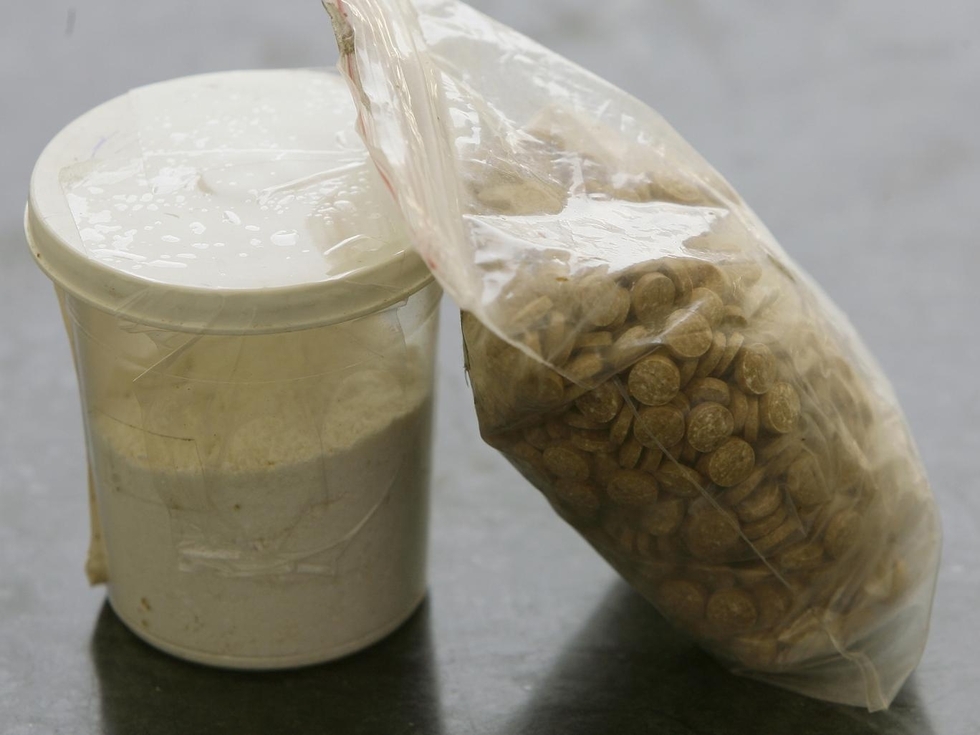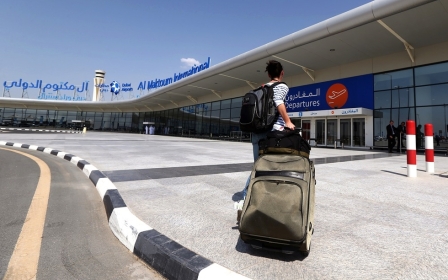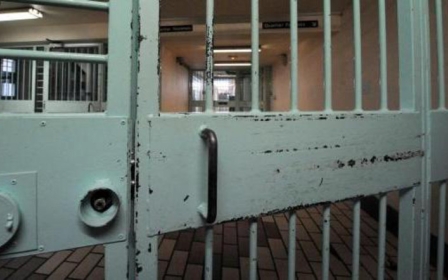France seizes huge shipments of 'jihadi drug' Captagon

French customs officials said on Tuesday that they had intercepted 135kg of Captagon, dubbed the "jihadist drug", at Paris's Charles de Gaulle airport this year.
Captagon, a type of amphetamine, is one of the most commonly used drugs among fighters in the Syrian war.
Customs officials at Charles de Gaulle discovered 350,000 Captagon pills weighing 70kg on 4 January hidden among industrial moulds exported from Lebanon and apparently heading for the Czech Republic.
An investigation was launched by German and Czech authorities "and it revealed that the real intended destination was Saudi Arabia, by passing through Turkey", the agency said.
Another 67kg of the drug was found at the airport in February, hidden in steel moulds.
Cocktail of stimulants
Captagon is classified by the UN Office on Drugs and Crime (UNDOC) as an "amphetamine-type stimulant" and usually blends amphetamines, caffeine and other substances.
A UNDOC report in 2014 said consumption of Captagon outside the Middle East is negligible, but it is a significant drug in the Arab Gulf, and nascent markets were detected in North Africa.
Fighters who have taken the drug say it helps them to stay up for days and numbs the senses, allowing them to kill with abandon.
'It comes from Syria. Most of the Captagon production is there, according to our information'
- Colonel Ghassan Chamseddine, head of Lebanon's drug enforcement unit
According to a Reuters report, seizures and interviews with people connected to the trade suggest it generates hundreds of millions of dollars in annual revenues in Syria, potentially providing funding for weapons, while the drug itself helps combatants dig in for long, gruelling battles.
Sitting at a crossroads in the Middle East, Syria has long been a transit point for drugs coming from Europe, Turkey and Lebanon and destined for Jordan, Iraq and the Gulf.
Colonel Ghassan Chamseddine, the head of Lebanon's drug enforcement unit, told Reuters the pills are hidden in trucks passing from Syria to Lebanese ports where they are then shipped to the Gulf.
"It comes from Syria. Most of the Captagon production is there, according to our information," he said.
Captagon proliferation
The breakdown of state infrastructure, weakening of borders and proliferation of armed groups during the nearly three-year battle for control of Syria has transformed the country from a stopover into a major production site.
Syrian government forces and rebel groups have placed blame on each other for using Captagon to endure protracted engagements without sleep, while doctors say ordinary Syrians are increasingly experimenting with the pills, which sell for between $5-$20.
The drug was first produced in the West in the 1960s to treat hyperactivity, narcolepsy and depression, but by the 1980s was banned in most countries because of its addictive properties and it no longer has a legitimate medical use.
Its active ingredient, fenethylline, is metabolised by the body into the stimulants amphetamine and theophylline.
Lebanese psychiatrist Ramzi Haddad said the drug had the typical effects of a stimulant. "It gives you a kind of euphoria. You're talkative, you don't sleep, you don't eat, you're energetic," he said.
Production is cheap and simple, requiring "only basic knowledge of chemistry and a few scales", he added.
Syrian and Lebanese authorities regularly seize homemade laboratories used to make the pills.
Middle East Eye propose une couverture et une analyse indépendantes et incomparables du Moyen-Orient, de l’Afrique du Nord et d’autres régions du monde. Pour en savoir plus sur la reprise de ce contenu et les frais qui s’appliquent, veuillez remplir ce formulaire [en anglais]. Pour en savoir plus sur MEE, cliquez ici [en anglais].




